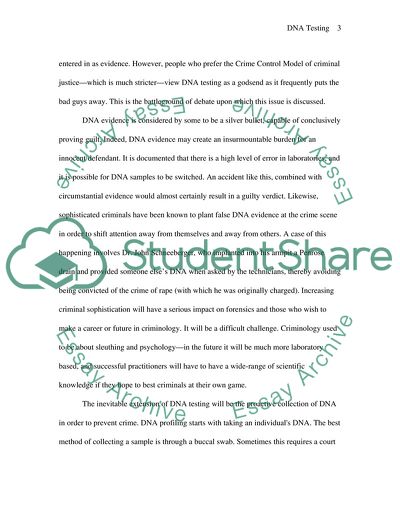Cite this document
(The Pros and Cons of DNA Testing in Law Enforcement Term Paper, n.d.)
The Pros and Cons of DNA Testing in Law Enforcement Term Paper. Retrieved from https://studentshare.org/social-science/1727729-dna-testing
The Pros and Cons of DNA Testing in Law Enforcement Term Paper. Retrieved from https://studentshare.org/social-science/1727729-dna-testing
(The Pros and Cons of DNA Testing in Law Enforcement Term Paper)
The Pros and Cons of DNA Testing in Law Enforcement Term Paper. https://studentshare.org/social-science/1727729-dna-testing.
The Pros and Cons of DNA Testing in Law Enforcement Term Paper. https://studentshare.org/social-science/1727729-dna-testing.
“The Pros and Cons of DNA Testing in Law Enforcement Term Paper”. https://studentshare.org/social-science/1727729-dna-testing.


